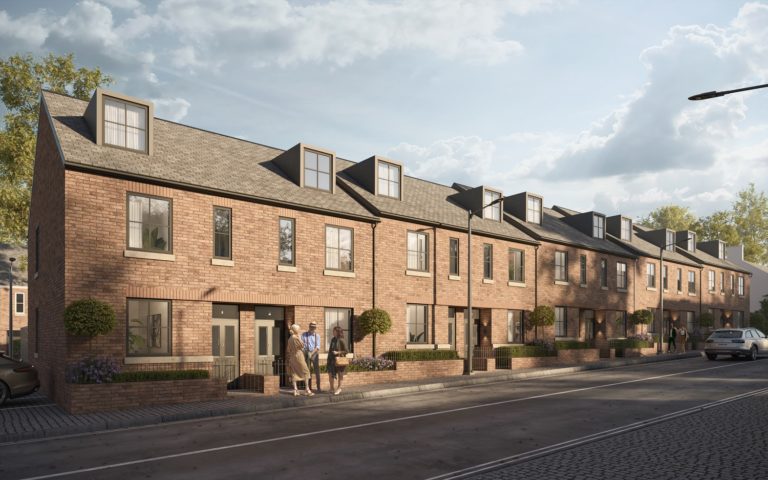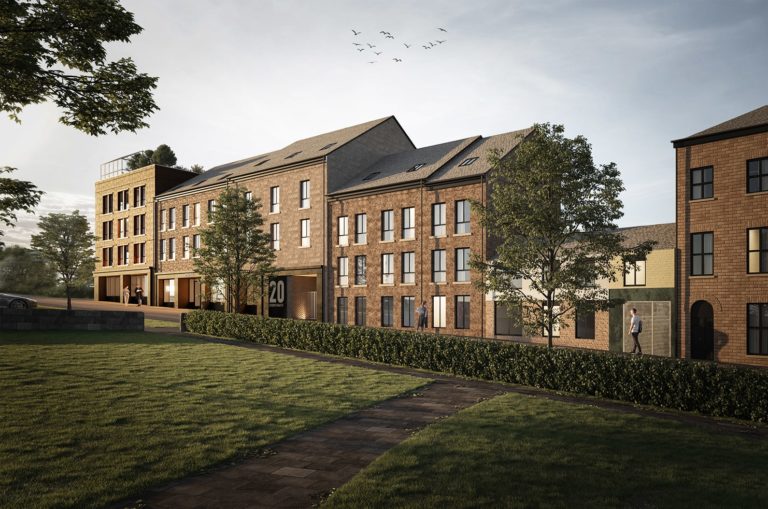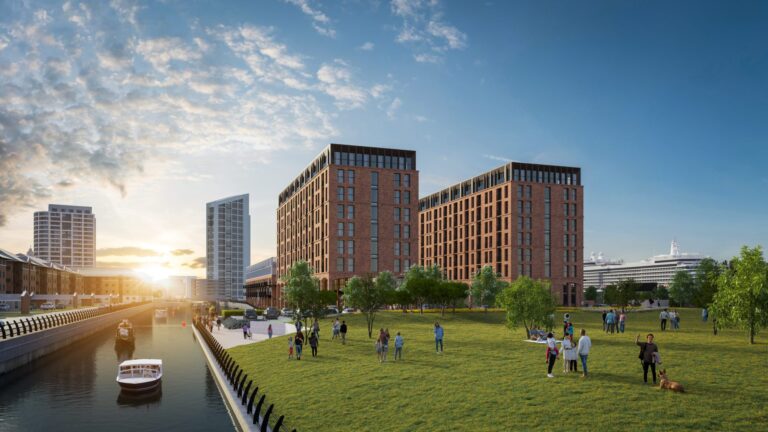Yesterday’s announcement from Chancellor Rishi Sunak revealed a range of new packages to stimulate the economy. Stamp duty has been given a temporary overhaul, but who can benefit from it?
VAT cuts, company bonuses and money off meals were all part of the government’s latest rollout of schemes to help boost the UK economy in the wake of coronavirus.
The housing market did not go unnoticed, as Sunak finally took action to spur recovery in the sector. With immediate effect, buyers in the UK are exempt from paying stamp duty on properties worth £500,000 or less. The change will affect around 90% of buyers, and will save each one an average £4,500, said Sunak. The new rates will remain in place until 31 March 2021.
Industry bodies have been calling for a stamp duty shakeup for some time to encourage people to buy. The Royal Institute for Chartered Surveyors and the National Federation for Builders were the biggest proponents for a cut.
Sustaining the rebound
Property professionals have welcomed the news on raising the threshold, which stands to benefit homeowners in the south-east most. Buyers in the bracket of £400k to £500k will now gain an average saving of £15,000 on their purchase.
Zoopla’s research and insight director, Richard Donnell said: “The immediate increase in the stamp duty threshold will help sustain the rebound in housing market activity across England. The benefits will be instant as nine out of 10 transactions in England will no longer be subject to the tax.”
“In London and the South East, home to more expensive properties, homebuyers can save up to £14,999 overnight.”
Property investment boost will help the sector
While first-time buyers were the focus of the last stamp duty holiday, the latest cut applies to everyone. For many people who were holding off purchases due to uncertainty, this is likely to boost confidence to buy. But this does not just apply to homeowners.
Those purchasing second homes or buy-to-let properties also benefit from the stamp duty holiday. Property investors who purchase through limited companies will also be exempt up to £500,000. However, the pre-existing 3% surcharge on such purchases will still apply.
So property investors spending less than £500,000 will only need to pay 3% tax on top of the purchase, as opposed to the previous 5%. For the portion between £500,001 and £925,000, the charge will be 8%. Between £925,001 and £1.5m, the fee is 13%. The rate for the final portion above that is 15%.
The cut will certainly bring a swathe of previously hesitant buyers to the fore. While some investors have been waiting to see what happens with property prices, tax savings could prompt them to take action sooner.
So far, the market appears to have held up relatively well, despite a drop in transactions initially. This has prevented any major drop in house prices up to this point. According to a recent report by Savills, while a short-term dip is on the cards, recovery is expected to swiftly follow. The firm made this prediction prior to the stamp duty holiday announcement, so it is likely the outlook is even more positive now.
Overseas buyers already taking advantage
Last year, the government announced that all foreign buyers investing in UK property would need to pay a further 2% surcharge from next April. As a result, many property professionals have noted a major rise in enquiries from abroad.
The latest stamp duty cut, along with the general buoyancy of the market through the crisis, is likely to add a further incentive. Buyers from Hong Kong and China in particular see the UK as a “safe haven” for property investment.
How stamp duty was paid before the temporary change
In Scotland it is Land and Buildings Transaction Tax, while in Wales buyers pay Land Transaction Tax. In England and Northern Ireland, stamp duty before the latest announcement was paid on land or property sold for £125,000 or more.
First-time buyers paid no tax up to £300,000 and 5% on any portion between £300,000 and £500,000.
For non-first-time buyers and home movers, stamp duty rates were 2% on £125,001-£250,000, 5% on £250,001-£925,000, 10% on £925,001-£1.5m, and 12% on any value above £1.5m.
That means someone spending £248,000 – the average cost of a house – until the 8th July 2020 would pay £2,460 in stamp duty to move home.
Anyone buying a second property, including buy-to-let, paid the above rates plus a 3% surcharge.








